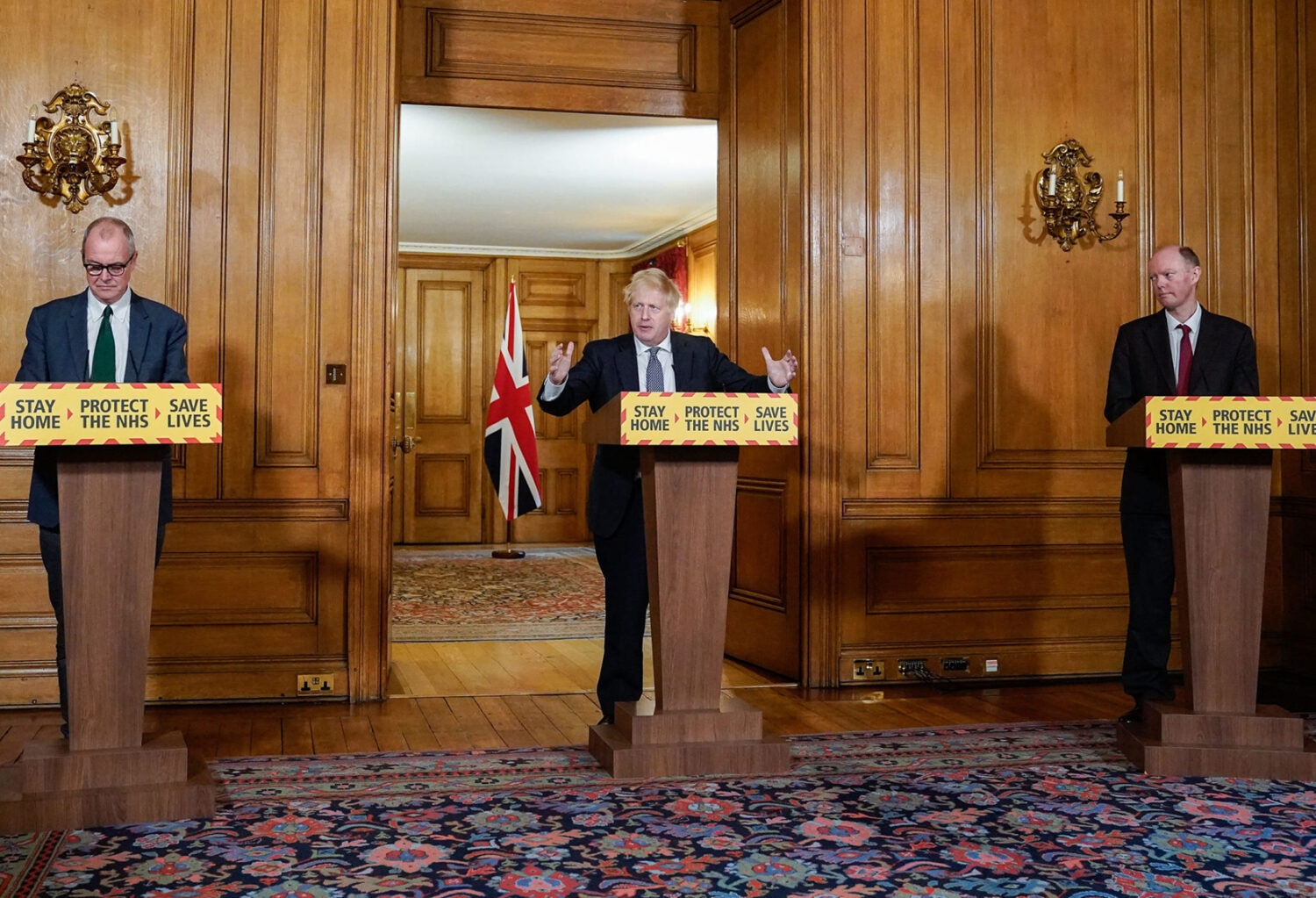Non-essential retail shops will have to close for four weeks from Thursday (5 November) after the Government announced a second national lockdown for England.
Prime Minister Boris Johnson said this would prevent a “medical and moral disaster” for the NHS.
Under the new restrictions, which are in place until 2 December, the public have been told to stay at home unless they have a specific reason to leave, and only essential shopping is allowed – not good news for the country’s electrical retailers. However, click and collect shopping can remain open.
Meeting indoors or in private gardens will also not be allowed. Pubs, bars, restaurants and leisure and entertainment venues will also close.
Mr Johnson said that once restrictions have been eased regions would go back to the tiered system across England.
Speaking at a Downing Street news conference on Saturday evening, he added that he was “truly, truly sorry” for the impact on businesses; but he announced the Government furlough scheme (which was due to come to an end on 31 October) would be extended to pay 80 per cent of employee wages throughout November.
There is no doubt that retailers will have great concerns about the effect of this second lockdown on their businesses. Many commented to ERT as lockdown restrictions eased the first time that the industry and wider economy would certainly struggle a second time around… and now here we are.
Responding to the Prime Minister’s announcement, Helen Dickinson, Chief Executive of the British Retail Consortium, said: “Retail faces a nightmare before Christmas as the Government proposes to close thousands of retail premises under this new national lockdown, denying customers access to many of their favourites shops and brands.
“It will cause untold damage to the high street in the run up to Christmas, cost countless jobs, and permanently set back the recovery of the wider economy, with only a minimal effect on the transmission of the virus.
“A recent Sage paper reported that closing ‘non-essential’ retail would have minimal impact on the transmission of COVID. This is thanks to the hundreds of millions of pounds retailers have spent making their stores COVID-secure and safe for customers and colleagues.
“The announced closure will have a significant economic impact on the viability of thousands of shops and hundreds of thousands of jobs across the country. The previous lockdown cost ‘non-essential’ shops £1.6 billion a week in lost sales; now that we are entering the all-important Christmas shopping period, these losses are certain to be much bigger.”


